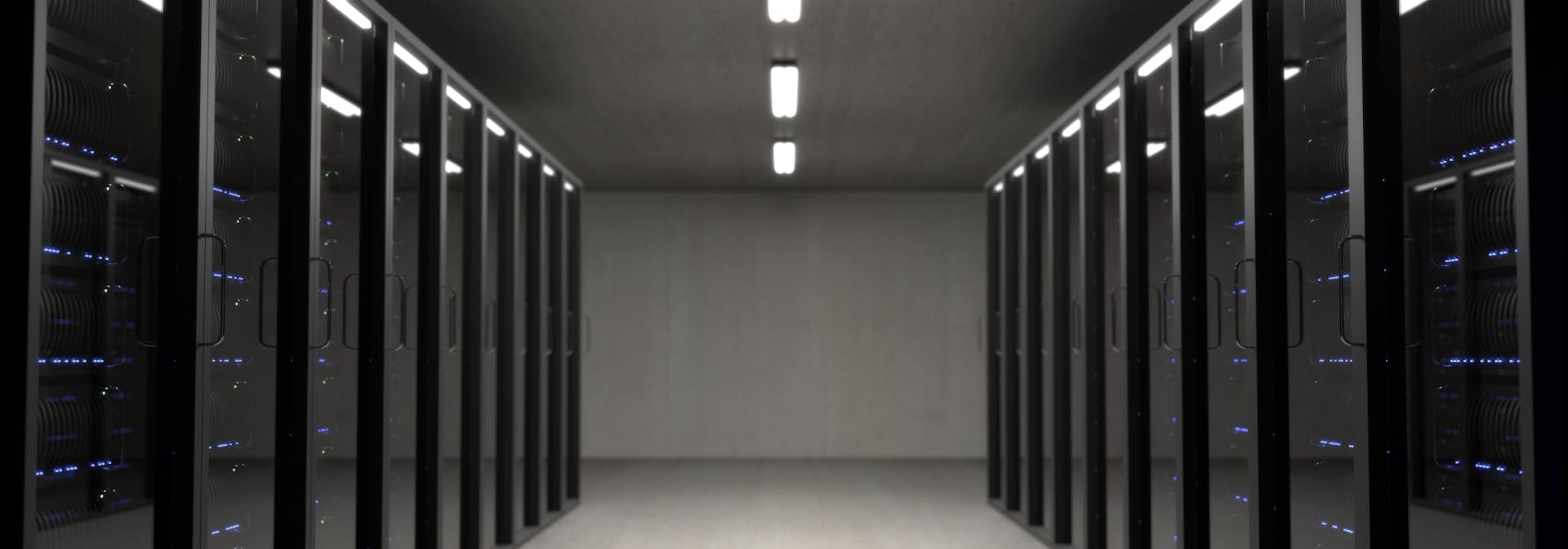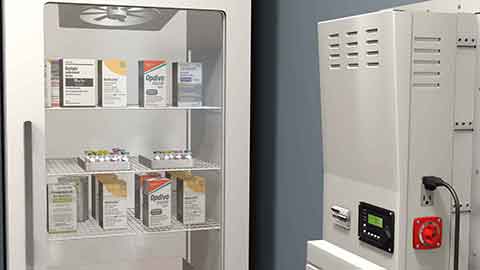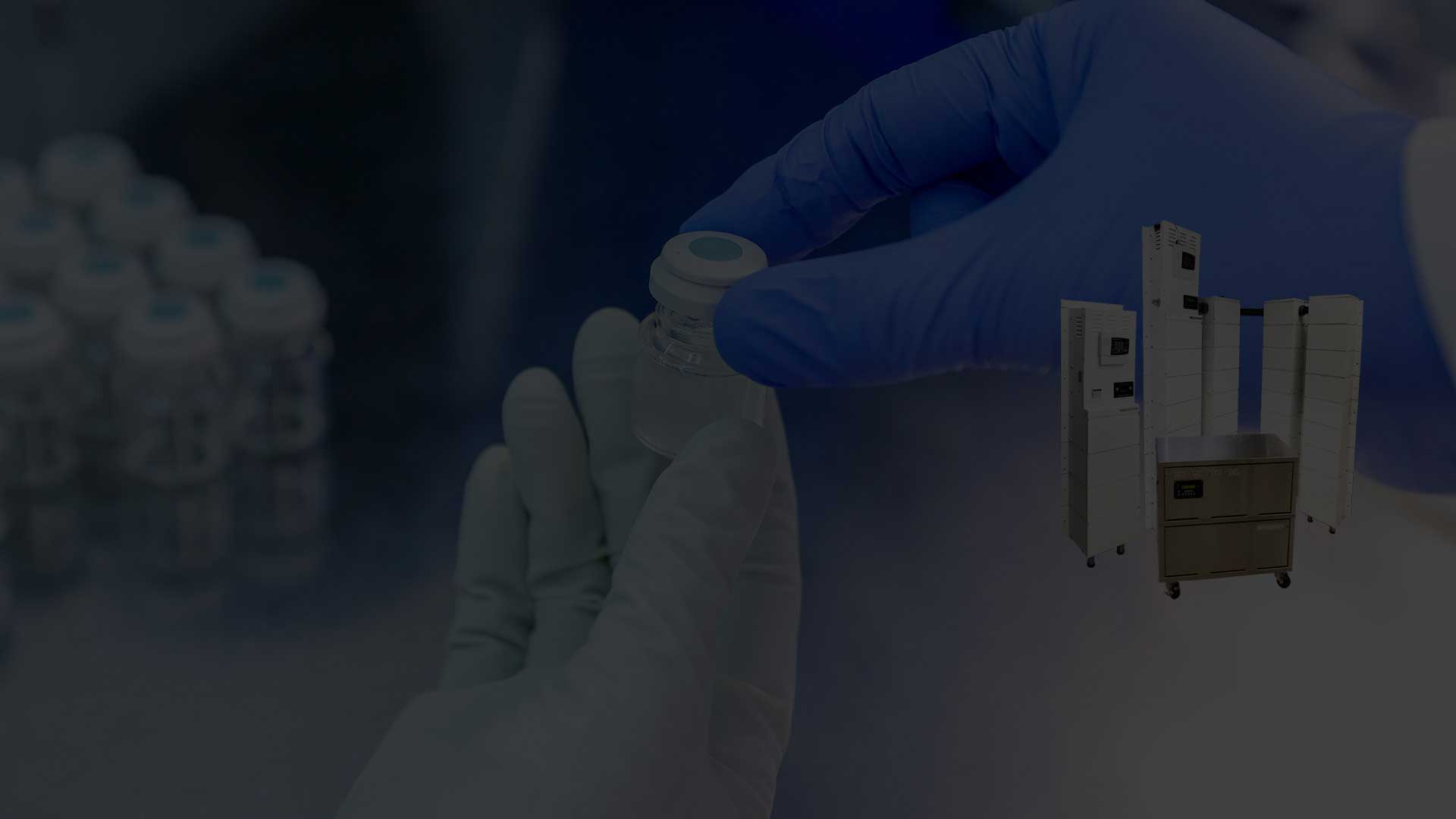How to Choose the Right UPS for Your Data Center
For your data center to function correctly, especially during power outages, selecting the appropriate Uninterruptible Power Supply (UPS) is essential. In the event of a power outage, the UPS supplies backup power while safeguarding your devices. But choosing the right option from a multitude of options could be challenging.This blog will help you understand the key factors to consider when selecting a UPS for your data center.
Assess Your Power Requirements
To choose a UPS, start by calculating the power requirements of your data center. This includes determining the overall power usage of all devices that will be linked to the UPS. Consider servers, networking hardware, storage devices, and any other required equipment. Determine the total power consumption in watts (W) or volt-amperes (VA) and confirm that the selected UPS can manage this load plus extra for future growth. Consider how long the UPS should provide power in the event of a power outage. The length of time is often measured in minutes and is dependent on the backup power strategy you choose.
Understand UPS Topologies
There are many topologies of UPS systems, each offering different levels of protection and performance. Primary categories include Offline/Standby UPS, Line-Interactive UPS, and Online/Double-Conversion UPS. An Offline/Standby UPS offers basic defense and transitioning to battery power in the event of a power outage. A Line-Interactive UPS is optimal for small to medium-sized data centers, providing improved safeguarding from power fluctuations through voltage regulation. The Online/Double-Conversion UPS is ideal for large data centers with crucial loads as it offers top-notch protection by constantly converting incoming power.
Consider Scalability and Redundancy
Data centers expand over time, therefore, selecting a UPS that can grow along with your requirements is crucial. Search for systems that enable you to increase capacity or battery modules as your power needs grow. Modular UPS systems are built to be easily adjustable in size, with the ability to add or remove modules depending on power needs, providing a flexible and cost-efficient answer. To ensure constant operation, it's advisable to invest in a UPS with redundant features, like multiple UPS units running simultaneously to provide backup in case of failure.
Evaluate Efficiency and Energy Consumption
Energy efficiency is critical in data centers due to high electricity bills and the significance of sustainable techniques. Look for UPS systems with good efficiency ratings, since they can reduce energy consumption and operating costs. Certain UPS systems include an eco mode, which increases efficiency by avoiding specific power conversion procedures during normal operation.

Monitor and Manage Capabilities
Contemporary UPS systems are equipped with advanced monitoring and management capabilities that enable you to monitor performance, battery status, and power incidents. A network management card allows you to keep track of the UPS from a distance and get notifications about power problems, allowing you to promptly address any issues. Make sure the UPS is compatible with your current DCIM software to allow centralized monitoring and control of your data center infrastructure.
Consider Physical Space and Installation
The UPS must be compatible with your data center layout in terms of physical size and installation needs. Make sure there is enough room for the UPS unit and any extra batteries or modules that you might require. Rack-mount UPS systems are designed to fit inside standard server racks, conserving floor space, whereas tower UPS units are independent and may need additional space. Good cooling and ventilation are vital for keeping equipment in top condition and ensuring UPS systems do not overheat, which can harm their performance and longevity.
Evaluate Maintenance and Support
A trustworthy UPS system should include extensive support and maintenance choices. Routine upkeep is essential for guaranteeing the lastingness and dependability of your UPS. Search for companies that provide service packages, such as routine upkeep, battery exchanges, and urgent assistance. Also, make sure that the UPS is backed by a strong warranty.
Budget Considerations
Consider your budget carefully when choosing a UPS. While it could be tempting to go with the least expensive choice, investing in a high-quality UPS can save you money over time by minimizing downtime and safeguarding your equipment. Consider the total cost of ownership, which comprises the purchase price, the cost of installation, maintenance, and energy use. This method will offer a greater understanding of the future financial consequences.
Choosing the right UPS for your data center is a crucial decision that impacts operational reliability and efficiency. Investing in a top-tier UPS will provide assurance, guaranteeing your data center stays online during power disruptions.



